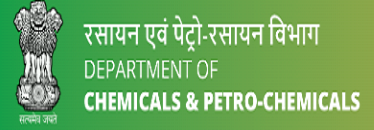Content Not Available
While the CWC seeks to ban chemical weapons, it also provides for international cooperation among States Parties in the pursuit of chemistry for peaceful purposes.
International cooperation is promoted in many areas: from sponsoring chemical research to guaranteeing legal assistance; from developing and improving laboratory capacity to specialised internships and training in CWC implementation and safe chemical management.
The provisions of the CWC have to be effectively and stringently implemented to ensure that a global chemical weapons ban is achieved. Support programmes, funded by the States Parties, enhance the OPCW's ability to hinder prohibited activity and to extend the benefits of peaceful uses of chemistry to all.
The OPCW Associate and Internship Support programmes provide specialised training in modern industrial practices and skills development to chemists and engineers from States Parties whose economies are either developing or are in transition. Industrial internships and research projects provide insight into best-practice methodology in the safe management of chemicals and in the implementation of the CWC.
The Secretariat supports the exchange of scientific and technical information among States Parties to promote the peaceful uses of chemistry. A variety of research projects in developing countries are also funded in part by the OPCW. Research in any of the following areas may be considered for financial support: environmentally sound technologies for the destruction of hazardous chemicals, analytical detection systems for toxic chemicals, safer alternatives to Scheduled chemicals, medical treatment for accidental exposure to hazardous chemicals, and practical applications for natural products in agriculture and medicine.














